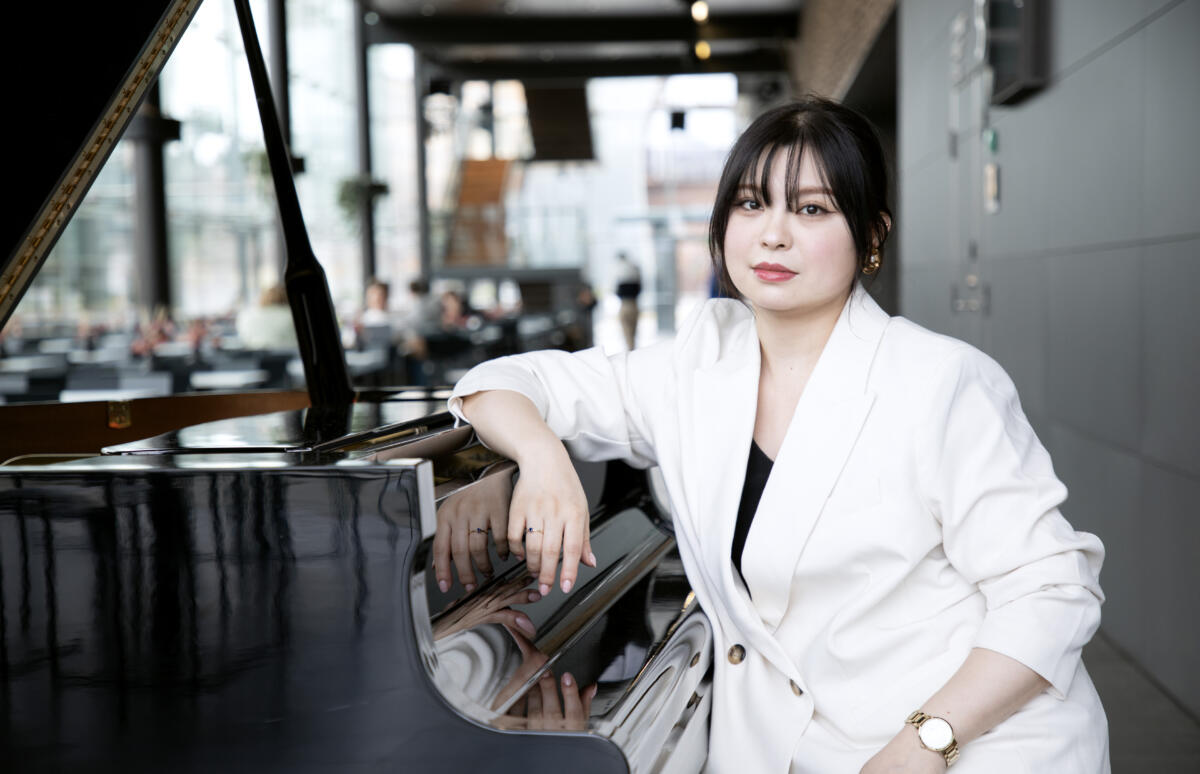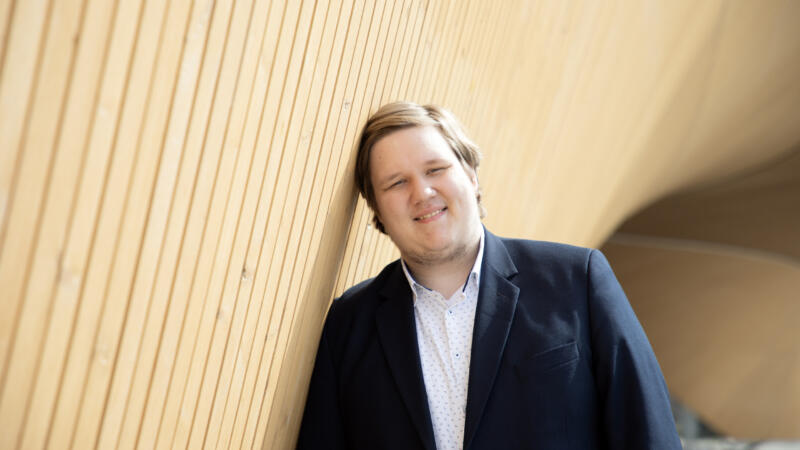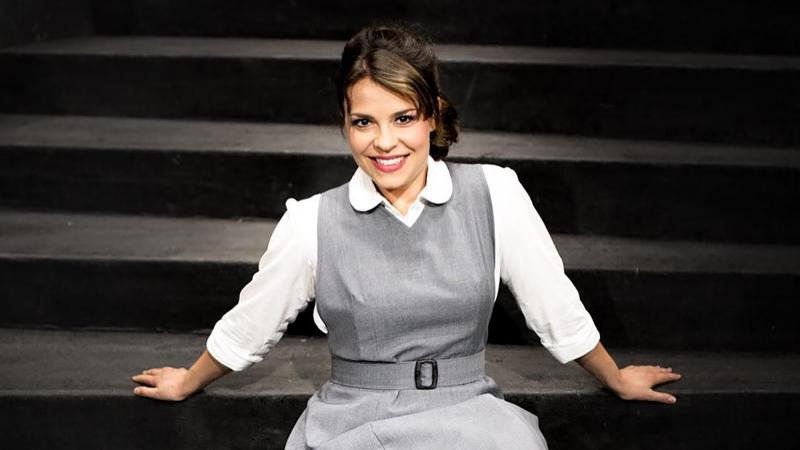Opera coaching student: Our international team creates a fantastic atmosphere
Read about Saki Kono’s passion for opera coaching and her experiences on studying at the Sibelius Academy of Uniarts Helsinki.

Tell us about yourself, and how did you know that you wanted to study at the Sibelius Academy?
Hello, I’m Saki. I’ve dedicated my life to playing the piano. After completing music education in Japan, I pursued a Master of Arts in piano performance at the Liszt Academy in Budapest. In 2019, I moved to Finland. Then I met two opera singers who recommended the Sibelius Academy for studying opera coaching. I was seeking to improve my skills in working with singers.
What initially drew you to the field of opera coaching?
At first, I didn’t know much about opera coaching. But at a concert, I saw singers performing beautifully with a pianist. Later, I learned that the pianist is called a répétiteur, and he also teaches at the Sibelius Academy. The music they produced was incredible, and I noticed the singers performing confidently, supported by the pianist.
This exciting moment made me want to learn more about opera coaching, so I decided to study it. Now, I’m learning from the pianist Kristian Attila.
Tell us one thing you remember about applying or your entrance examination
I remember the exam had lots of tasks I hadn’t done before. I didn’t even know how to get ready for them. But I decided to give them a try anyway, so I’d know what to prepare next time. Luckily, I passed on my first try! It showed me that it’s good to try new things because you never know what might happen.
What do you find most rewarding about studying opera coaching?
The best part of studying opera coaching is staging rehearsals. Everyone is there—the singers, director, conductor, orchestra—all inspiring each other. It’s amazing to feel all that energy and respond to it. Hopefully, I can add something to those moments.
Another rewarding moment is when I see the actual performance, and all the singers shine on stage. It often moves me to tears witnessing how much everyone has grown. There are so many beautiful moments, and it’s truly rewarding.
Could you give an overview of what studies in opera coaching entail? What specific skills and techniques do you focus on?
Studying opera coaching covers a wide range of topics related to opera, including understanding the music, language, characters, and the historical background of each opera. Specifically, I focus on playing the orchestra part clearly and beautifully. It’s crucial for singers to hear the orchestra clearly so they can seamlessly blend in when the actual orchestra arrives.
Can you describe a particularly memorable experience or project you’ve been involved in during your studies?
Two projects have had a big impact on me. In “Cendorillon”, I played the piano and spoke a bit during the performance. This made me realise my fear of using my own voice on stage and gave me a deeper respect for singers.
In “La nozze di Figaro”, I joined the entire production as a répétiteur and harpsichordist for the first time. The team was international, creating a fantastic atmosphere. I loved exchanging ideas with people from different cultural backgrounds.
During the staging phase, working with director Noa Naamat, conductor Arturo Alvarado and student conductor Costas Vallios was an amazing privilege. This experience has made me seriously consider pursuing more work in opera production in the future.
What sets the opera coaching programme at the Sibelius Academy apart from others?
We’re working with experienced professionals for the production, which is a fantastic chance to learn in a safe environment. I always have teachers nearby who provide a lot of help and advice. This support means a lot, especially for someone like me who’s just starting out. I’ve had the chance to watch how teachers work and to try things out for myself.
What are some of your favorite spots in Helsinki for relaxation or inspiration outside of your studies?
I enjoy hunting for vintage Arabia tableware at second-hand shops, in “Kirppis” [flea market] in Finnish. I also love exploring Helsinki, discovering new restaurants, cafés, bakeries and observing stylish people! Finnish people have great taste. Sometimes I end up spending more than planned while shopping, but it’s okay!
How do you envision your role in the opera world evolving after completing your studies?
Finishing my studies feels like standing at the beginning of a new journey. I’m excited that the opera world is opening up in front of me, and I have my whole life ahead to explore. Even though there are still many challenges and difficulties, stepping out of my comfort zone is thrilling.
What advice would you give to someone considering pursuing a degree in opera coaching?
At the Sibelius Academy, time goes by quickly, so stay open and learn as much as you can from everything around you! That’s what I’ve always aimed to do here.

